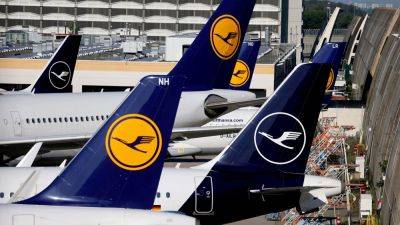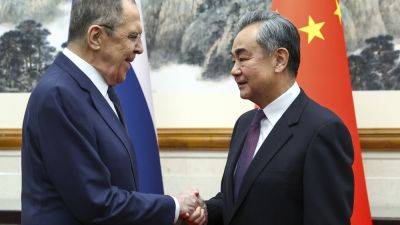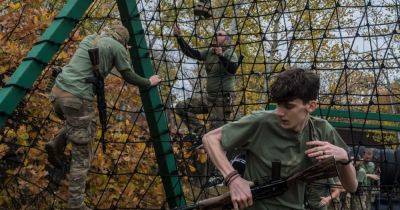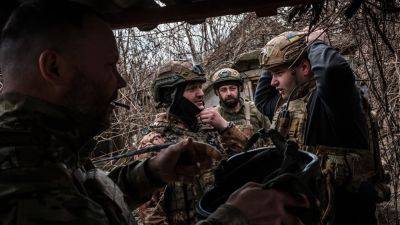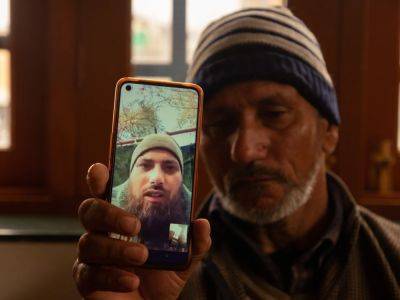EU’s West needs to listen to the East on Ukraine
It’s rare for the words of Lithuanian government officials to make the top of the news outside the country. Lithuania’s views aren’t even a top priority among its allies. But perhaps it’s time that changed.
Following February’s Munich security conference, Lithuanian Foreign Minister Gabrielius Landsbergis warned:
Lithuania is a small country of just 3 million people, so perhaps we wouldn’t expect it to lead Europe’s response to Russian aggression.
However, the Soviet occupation of Lithuania, imbued with persecution, repression and a totalitarian regime, is deeply understood even by young generations. It would seem like common sense to give greater weight to the views of Lithuania and its neighbors than other nations. So why doesn’t this happen?
Vytautas Landsbergis, who was formerly the first president of the country’s parliament after independence from the USSR, predicted this war as long ago as 2008. Interviewed by a European news website about the “situation in Georgia”, he bluntly responded:
“It is not the situation in Georgia only; it is a very bad situation in Europe, and for Europe’s future, and very promising badly … Who is next after Georgia? … The next is Ukraine.”
This view stood in stark contrast to what the EU foreign ministers agreed upon at the time when they expressed “grave concern” over the war. They criticized Russia’s disproportionate response but pressed Georgia to sign the six-point ceasefire agreement, which basically allowed Russian “security forces” to implement “additional security measures.”
The ceasefire agreement led to the Russian occupation of 20% of Georgia’s territory, which continues to this day.
In 2014, when Russia occupied Crimea, other European Union states agreed on certain


